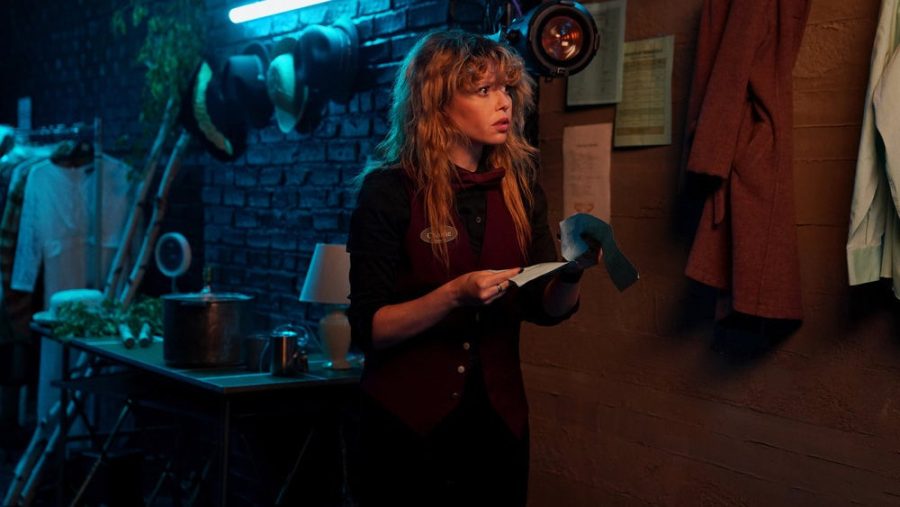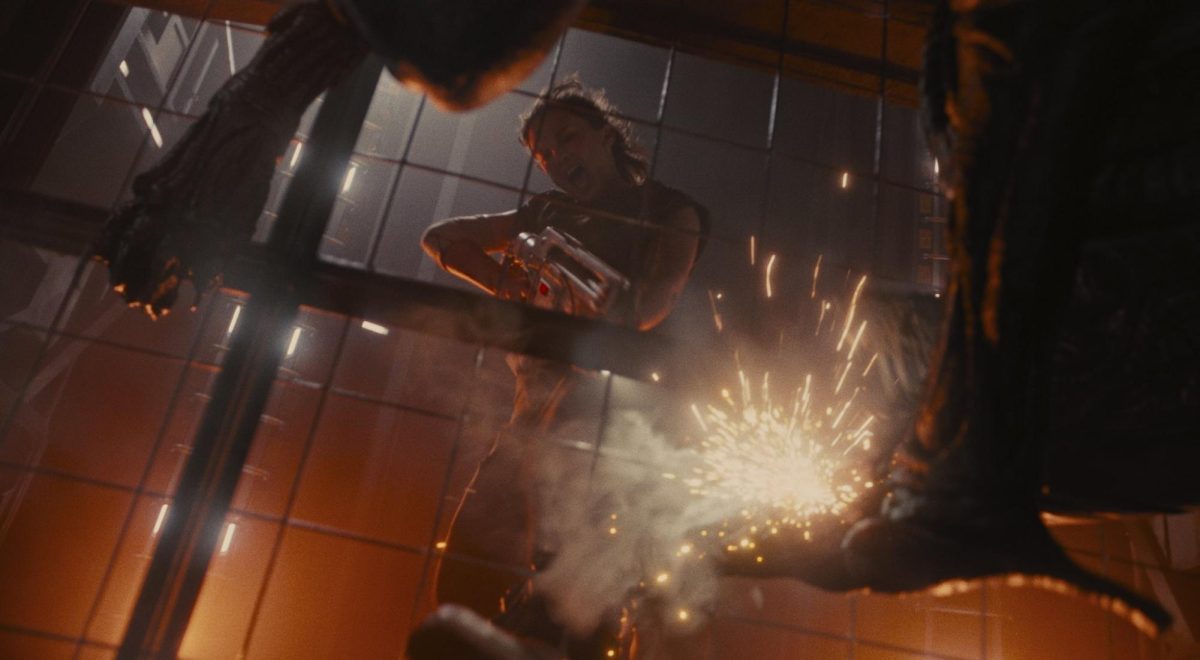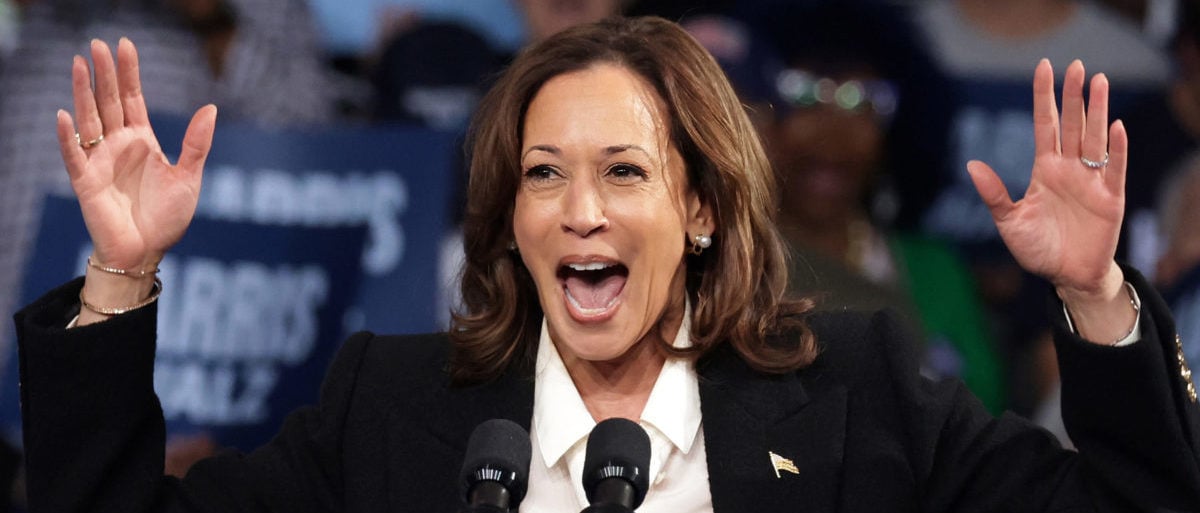“Poker Face” on Peacock is still a full house
Natasha Lyonne in “Poker Face”
September 1, 2023
In 2019, director Rian Johnson crossed from pop science-fiction on the big screen into streaming with his most celebrated hit to date, the Netflix movie “Knives Out.” Almost three years later, Johnson released the blockbuster sequel “Glass Onion: A Knives Out Mystery,” featuring Daniel Craig once again as detective Benoit Blanc, alongside an otherwise entirely fresh, and still star-studded cast of characters.
But Johnson found his niche this year not in film but as a showrunner for Peacock’s neo-noir TV series “Poker Face.” While the show doesn’t meet the genius of “Knives Out,” it blends both Johnson’s classic mystery style with distinctive new elements in a near-perfect fusion that makes it unquestionably worth a watch.
“Poker Face” follows the journey of Charlie Cale (Natasha Lyonne), a woman who lives in a trailer in the Midwest and works in a casino. Powered by wit and an extraordinary ability to function as a human lie detector, she exposes a fraudulent scheme that led to the death of her best friend. Forced to run from an angry casino owner and his right-hand man, Charlie hits the road in her blue 1969 Plymouth Barracuda. Everywhere she goes, she finds herself solving the murder of someone she just recently met and in increasing peril as she angers dangerous people and her enemies catch up with her throughout the season.
The fresh sets of characters at the beginning of each episode represent a lack of structure and community in Charlie’s life. With the exception of infrequent appearances from Cliff, her attempted assassin, Charlie is the only recurring character. Each episode stands alone and has little to no connection to the others — resembling the “Knives Out” and “Glass Onion” dynamic, where Craig’s character is the only thread.
“Poker Face” doesn’t shy away from odd plotlines. Charlie encounters a “fascist dog” in one episode and murderous old ladies in another. Due also to the eccentric cast and her unpredictable nature, the show expels individuality at every corner. These aren’t the only aspects that make “Poker Face” stand out from other murder mystery shows, though. The unique episode formula avoids the “whodunnit” plot and is more of a “how to catch ‘em.” In each episode, viewers see the lead-up to the crime as well as the murder itself before learning how Charlie gets involved in the case. She then deciphers the identity of the killer and finds proof of their involvement.
Genre directors generally stray away from this formula of putting the “reveal” before the “mystery” in order to keep the audience engaged, which adds to the distinctiveness of “Poker Face.” Taking that risk, Johnson manages to keep a suspenseful atmosphere that makes it impossible to look away from each episode.
One of Johnson’s trademark strengths is his cinematography, and “Poker Face” is no exception. Johnson plays with beautiful Western landscapes and unique shots with a vintage feel that enhance every scene and make each feel more authentic.
The show isn’t without its faults. Throughout every episode, the audience watches Charlie form bonds with many characters whose lives are doomed from the start. Unfortunately, Charlie doesn’t show many signs of grief, despite losing so many people in her life. The character flaw may hurt audiences trying to feel sympathy for the leading lady. While her distance may just be a part of a tough-to-crack persona, it feels unrealistic that numerous deaths have so little outward effect. There’s a clean slate in every episode — Charlie feels no lingering emotions with the exception of later reflections on the inciting murder of the season. Although she has charisma and is overall easy to root for, this missed opportunity for more depth weakens her character.
While “Poker Face” is primarily lighthearted and relaxed, deeper meanings lie cloaked behind the show’s mysteries. Johnson portrays themes of status and wealth-related privilege and their impact on justice through the ultimate consequences of certain characters. He doesn’t explicitly point out these topics, but shows them through the various punishments for each of the show’s murderers.
Studio NBCUniversal has already announced season two — but the show would have been best left as a limited series, even if one can never get enough of Charlie Cale’s distinct charm and southern drawl. The conclusion to the season should have concluded the show. The final episodes drift from the series’ usual formula in an effective, yet ultimately unexciting way and feel like a different show altogether, stretching almost everything and resolving almost nothing.
Despite its flaws, the beautiful cinematography, loveable main character and distinctive elements make this show the perfect binge-worthy murder mystery. The satirical comedy mixed with darker elements balances out into an outwardly lighthearted show with deeper meanings just below the surface. While it doesn’t live up to Johnson’s highest highs like “Knives Out” — and I would argue that nothing can — “Poker Face” will satisfy just about any murder mystery fan. Johnson, once again, has set the bar high.










Victoria • Feb 28, 2024 at 11:36 pm
Waiting impatiently for season 2
Terri • Feb 28, 2024 at 10:03 pm
TOTALLY Love this show Natasha has it all, love her…
Amy • Feb 28, 2024 at 9:31 pm
So when does the second season air? I loved this show. I have watched it twice!
Bob • Feb 27, 2024 at 5:29 pm
Hey, the show is just fine in spite of her not getting emotionally upset when someone she knows dies. Who cares? It IS a comedy. We don’t need a bunch of boo hooing from Charlie. Go girl.
Rhonda • Feb 27, 2024 at 12:52 pm
Love this show! It’s fun it’s intriguing and I am looking forward to another season! Please soon!
Constance Dorothy Williams • Feb 12, 2024 at 2:49 pm
I love this show ! Can’t wait for a new season! Best show I’ve seen in a long time.
Shel • Feb 10, 2024 at 1:42 pm
Would be super nice if this show would decide to come back to Peacock in my lifetime.
Laurie • Feb 4, 2024 at 9:23 am
Shes a modern day Columbo. Straight to the point. Great story line on each episode. The writer does a great job of imagination. Looking forward to Season 2.
Gail F Yasson • Feb 3, 2024 at 5:09 pm
Best show ever!!! Natasha is great! Can’t wait for season2!!!
Bernard Madden • Feb 1, 2024 at 2:14 pm
Although, a different of type idea. A,wandering Living and breathing lie decector a charsmatic Female,from place to place, is a good concept. It’s, different and that’s a plus, now a days new ideas and concepts are always and forever welcome.
Alex • Dec 13, 2023 at 6:57 pm
It’s her way of dealing with the world since she lost people that she loved..it isn’t a flaw in the show but a logical suppression in order to survive ….as far as knives out portrayed as a masterpiece..,Laura.,. memento..identity.. seven..and a dozen more ..knives out maybe no. 77 on a list…